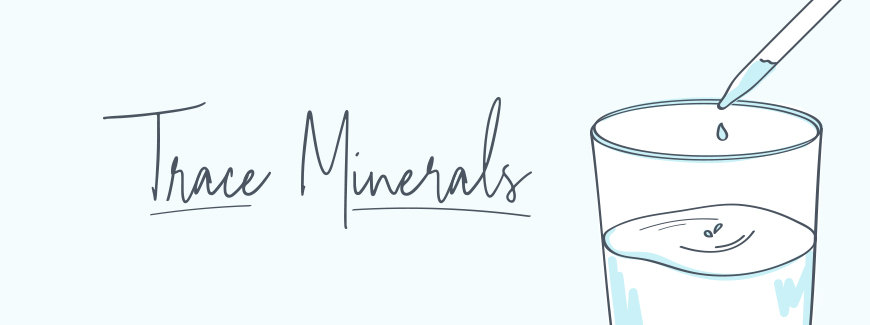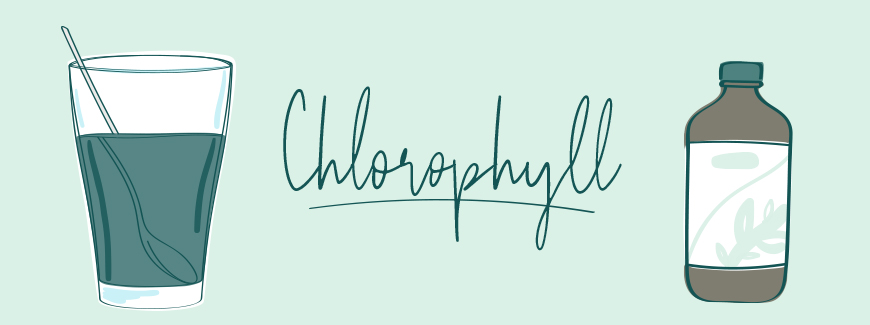5 Expert-Approved Supplements to Battle Summer Woes Like Bloating and Dry Skin
In this case, however, it’s important to tweak the “does it spark joy” question slightly. “With all supplements, I encourage you to ask yourself, ‘Is this supportive of my body right now?’” says Robyn Youkilis, a certified health coach and author of Go With Your Gut and Thin From Within. “What may be helpful during one season may not be necessary for you to take forever. You can experiment with taking a break from specific supplements and see how your body responds.”
For instance, the vitamin D you took religiously in the winter might not be as necessary if you’re now getting it naturally from the sun. The same goes for immune support supplements (good riddance, flu season), and any mood-elevating herbs you may have been taking for seasonal affective disorder.
But tossing your cold-weather capsules is only half of the process. Experts say you should also consider adding some summer-friendly supplements to your routine, depending on your lifestyle. The five categories that follow are a great place to start when updating your stash.
Keep reading for the supplements you should be adding to your routine for summer.

Trace minerals
Excessive sweating is an unfortunate side-effect of the season, and not just because it results in makeup melt. According to Urban Remedy founder Neka Pasquale, L.Ac, MS, a good schvitz also causes you to lose minerals—which is bad news if you’re already depleted, as many of us are.

{{post.sponsorText}}
“Trace minerals are important for the metabolic and brain functions in your body,” Pasquale says. “Adding them to your water is super critical.” She says to look for a brand that includes magnesium, sodium, chloride, and potassium—like Trace Minerals Research’s Endure Performance Electrolytes. “Get your big bottle of water in the morning and put in some drops of the trace minerals,” she suggests, adding that liquid mineral supplements are her favorite.
There’s also a budget hack that will help achieve the same goal. “You could add a pinch of pink Himalayan salt, and by doing that, you’re replenishing the minerals,” Pasquale says. (Or you could add a bit more than a pinch—one Well+Good Council member did this and saw improvements in her skin, sleep, and energy.)

Beauty supplements
Spending hours at the beach may be great for your vitamin D and inflammation levels, but not-so-helpful for other parts of your bod. “Sometimes, in the case of your skin and your hair, dry air and sunlight can have some negative effects,” says Taryn Forrelli, a naturopathic physician and vice president of innovation at Olly Nutrition. “If you’re experiencing dryness in your skin, taking a supplement with hyaluronic acid, which works to provide moisture to the skin, can be helpful.” She also recommends taking biotin if you’re a swimmer, since chlorine and sea salt can make your hair weaker and more brittle.
According to Forrelli, antioxidant supplements can also help you fend off sun damage. “Most people know topical sunblock is critical, but antioxidants like vitamin C and E amp up that defense from within,” she says. “There’s another carotenoid you can look for called lutein, which has some interesting research around it in terms of helping defend against UV damage.”
Pasquale agrees, saying that although you should try and get as many antioxidants as possible through fruits and vegetables, supplements are a good way to ensure you’re consuming enough. “Some people might choose to do more of a food-based antioxidant blend, like a greens powder that has açai and powdered blueberry juice,” she says. “I also take a separate CoQ-10—if you’re exposing your skin to sun, it will help fight oxidative stress."

Zyflamend
Just because there aren’t any colds circulating through your office, it doesn’t mean you’re totally immune to sneezing and a runny nose.
“Many people experience seasonal allergies in the summer,” says Youkilis. “I suggest taking a supplement that helps with inflammation, such as Zyflamend, because it will support your body in naturally working through the allergic response and reducing the symptoms.” Think of it as a way to hold you over until the seasonal allergy vaccine gets approved—is it 2021 yet?

Chlorophyll
Looking for another way to upgrade your water? Consider chlorophyll. If you don’t remember from Biology 101, chlorophyll’s the green pigment found in plants that helps them make energy from sunlight. In humans, it’s thought to flush heavy metals from the body and has been linked to cancer prevention.
“It’s naturally very detoxifying, refreshing, and cooling to the liver,” says Pasquale—especially important if your summer diet involves matcha margaritas. “I love liquid chlorophyll in the summer, and when it’s really hot outside, I’ll do trace minerals, chlorophyll, and stevia in my water.” Just try not drinking eight glasses a day with that recipe.

Gut-health supplements
BBQ, soft serve, rosé—some of the best things about summer are also the harshest on your tummy. “The most typical gut-health complaints I hear from my community over the summer months are bloating, digestive issues, and weight gain,” says Youkilis. “This is when we eat out more often, drink more alcohol, and get outside our regular routines. And not that these indulgences are bad for you—I’m a firm believer that life is meant to be enjoyed—but they may leave you feeling less than stellar the next day.”
That’s why she and Forrelli say you should keep a bottle of digestive enzymes in your purse. “A digestive enzyme can help your body properly break down the food you eat,” says Youkilis. “I recommend taking these on days you know you’ll be eating outside of your regular diet or routine—like, June 1 through September 1.”
If you end up eating something that doesn’t agree with you, Youkilis suggests turning to fermented aloe powder. “I’ve been prescribing aloe to my clients for years for digestive support—I think of it as calming any ‘internal sunburn’ you may have going on,” she says.
And for those nights when the mezcal cocktails are flowing until the wee hours, Pasquale recommends taking activated charcoal before bed. “It will help soak up all of the toxins, and they’ll come out through your stool,” she says. Okay, not the prettiest visual—but just think of it as spring cleaning of a different sort.
Keep living your best summer life with this Taryn Toomey-curated playlist and these must-haves for an Earth-friendly picnic.
Loading More Posts...